The reports were correct: ESL is launching its own, supplemental take on Valve’s Dota Pro Circuit and introducing three tournaments to the competitive Dota 2 scene with a total prize pool of $17 million. However, some of the finer details have stirred up confusion and concern within the wider Dota community.
Set to begin on April 9 with the long-awaited return of the DreamLeague event series, the ESL Pro Tour will see the top players in the world flying out to Europe to compete in the first event—with a second event already scheduled for mid-June.
DreamLeague Season 19 and 20 will act as the gateway events to the wider EPT series, with 16 teams being invited to compete in a new tournament format. This will feature a two-week schedule with two group stages cutting down the number of teams from 16 to eight and then leading into a playoffs with the top four teams.
Not only will the winner of each event earn the lion’s share of the $1,000,000 both DreamLeague seasons will put up, but the top team from each event will also earn an invite to this year’s iteration of the Riyadh Masters in August, with S20 also giving an invite to the runner-up.
DLS19 will run from April 9 to 23 after the DPC’s Spring Tour concludes, while DLS20 will take place after the Summer Tour from Jun 7 to 25.
Related: EternalEnvy nearly pulls off great escape in nail-biting Dota 2 play
Riyadh Masters first appeared last year and became the largest, non-The International Dota tournament with a $4 million prize pool. This year it will more than triple to $15 million as the final event on this EPT journey, featuring play-ins for spots not earned from DreamLeague.
This all sounds great on paper, but two key aspects of the series are drawing concern from fans—namely the fact this is all backed by the Saudi Esports Federation and Savvy Gaming Group.
While there are plenty of fans, and likely players, who will solely view this “investment” into the Dota scene as a good thing, this is another move by Saudi Arabia to make a big PR push into one of the largest esports and draw attention to some of its more appealing features, and away from the country’s stance against the LGBTQ+ community and generally poor human rights records, such as the murder of Washington Post journalist Jamal Khashoggi.
To a much lesser extent, fans are confused by the ranking system ESL is implementing for the global Dota scene.
The idea of a ranking system is nothing new, but the current EPT version being shown on ESL’s website has Team Secret ranked fifth in all of Europe despite them being in Division II of the current DPC Tour.
And with these rankings acting as “the primary way for teams to be invited to all of the events in the ESL Pro Tour” there are some questions ESL might need to answer when it comes time to distribute the invites and the region slots, which are also not set in stone per-region.


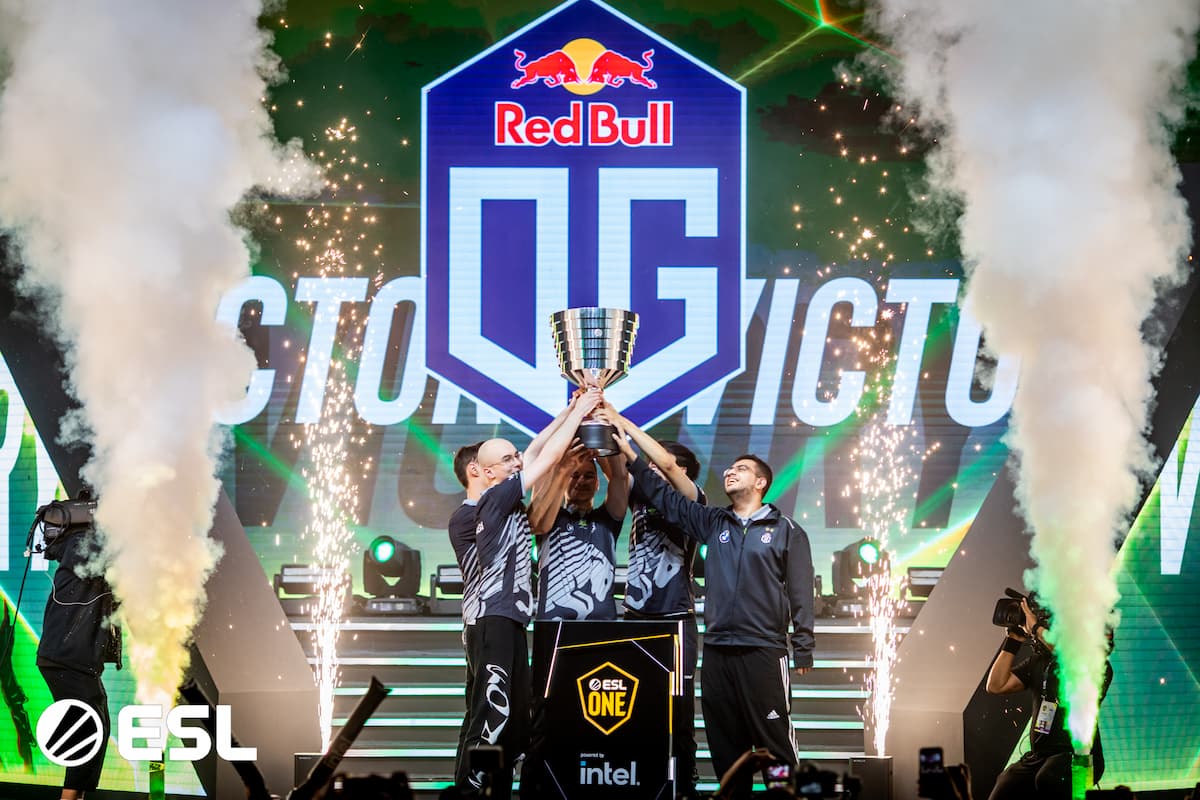

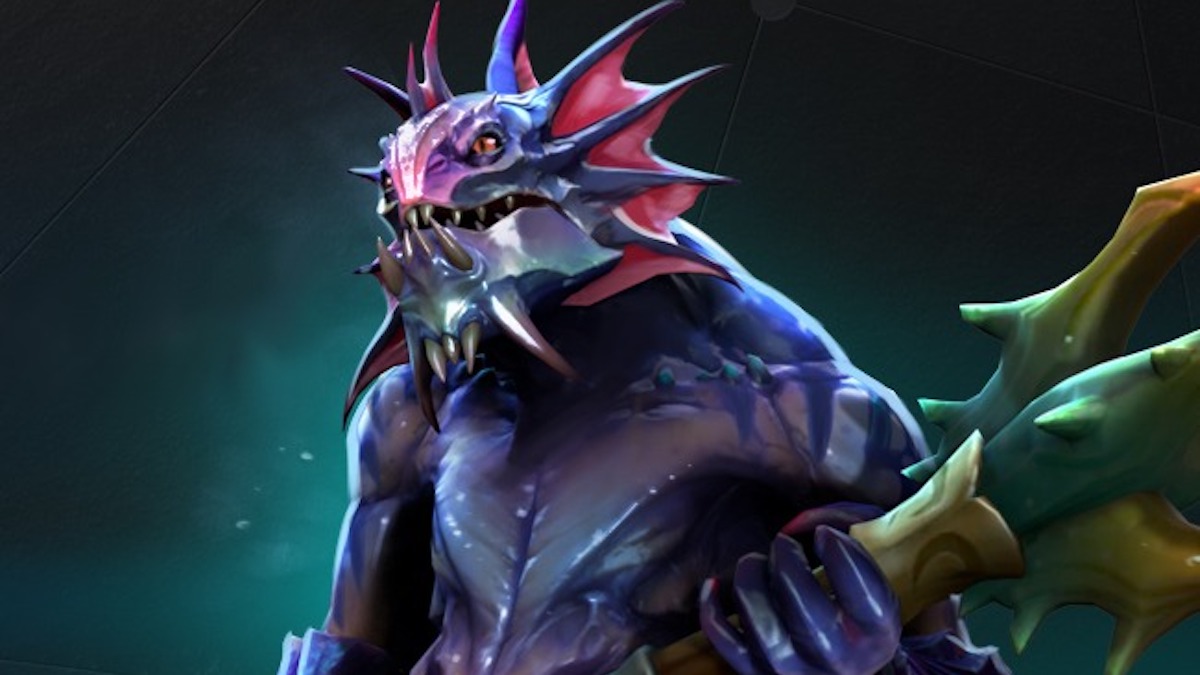
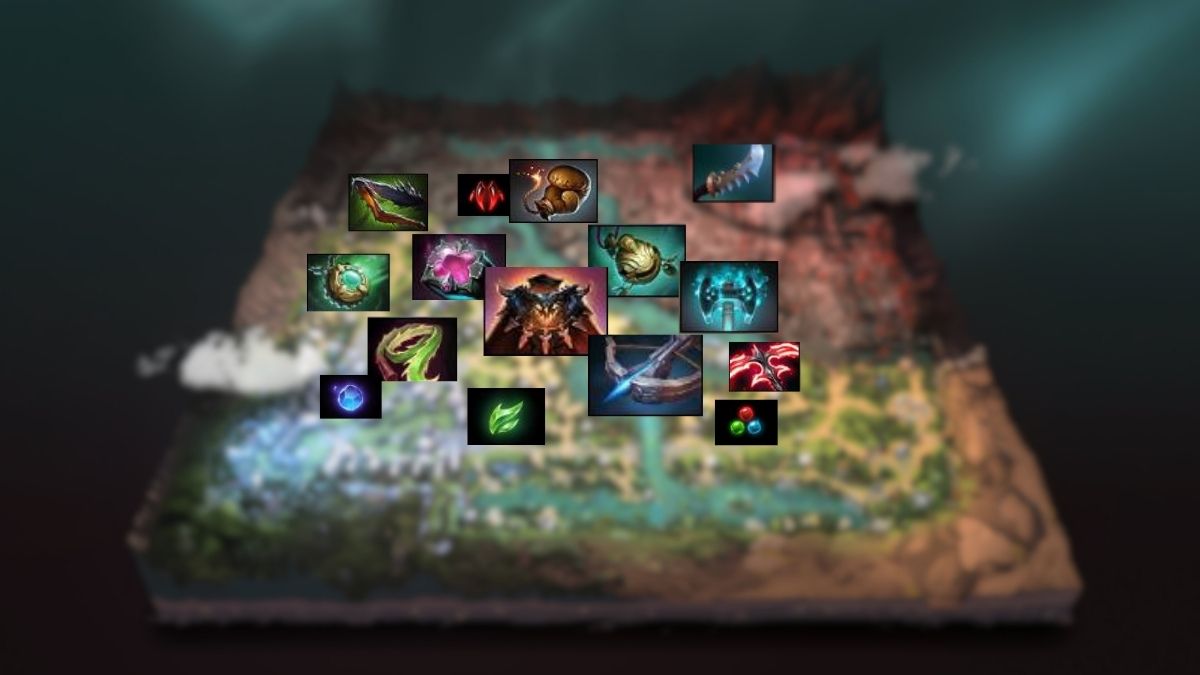
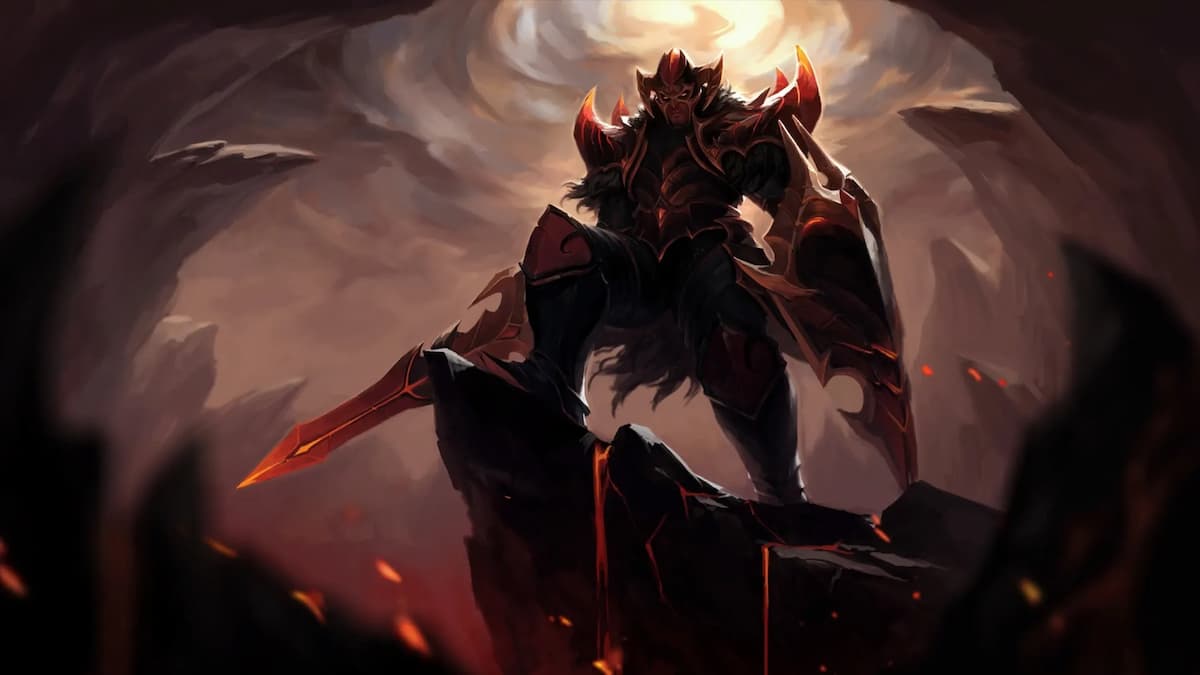
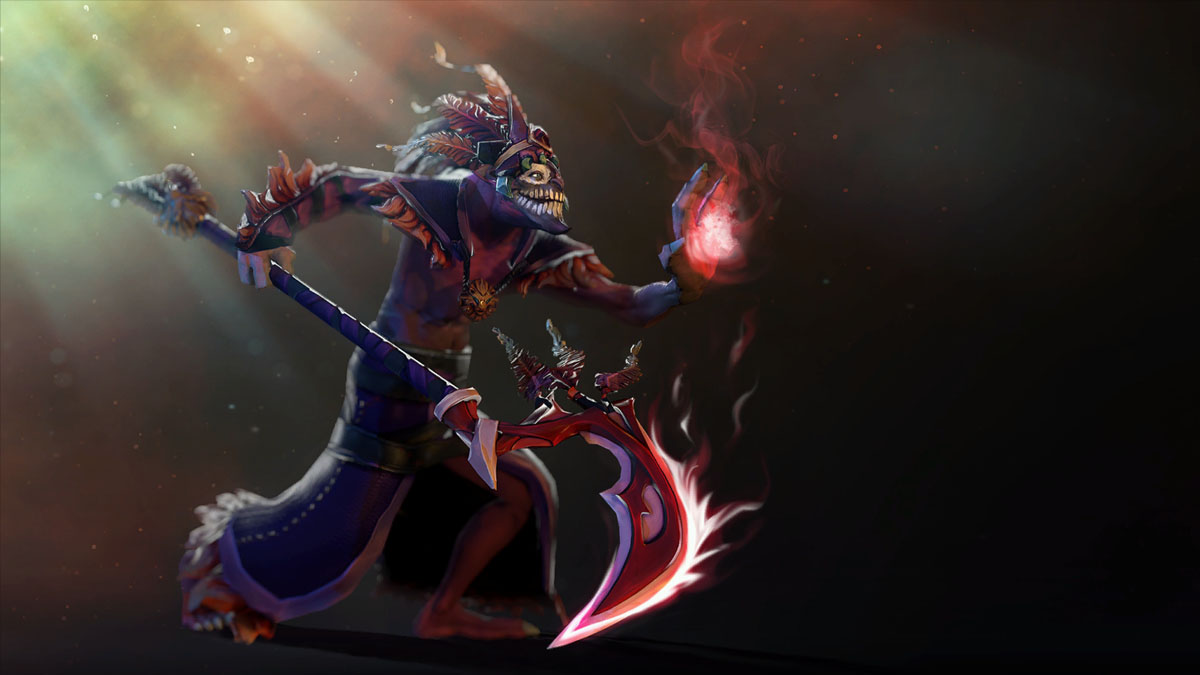

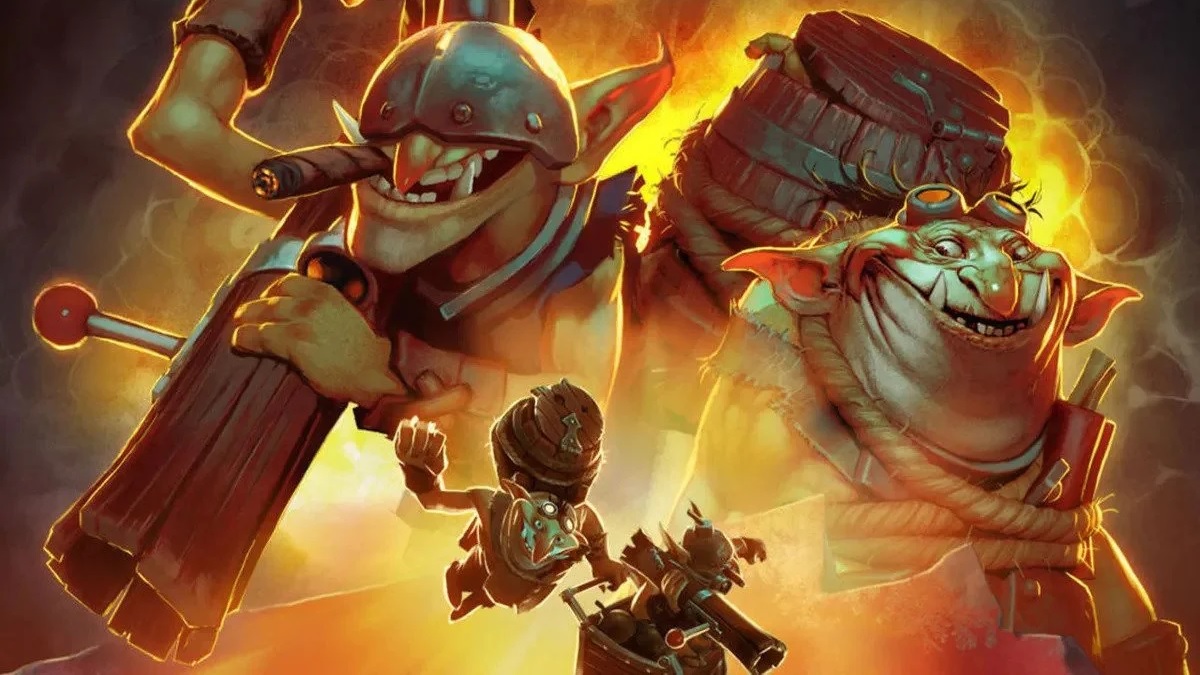
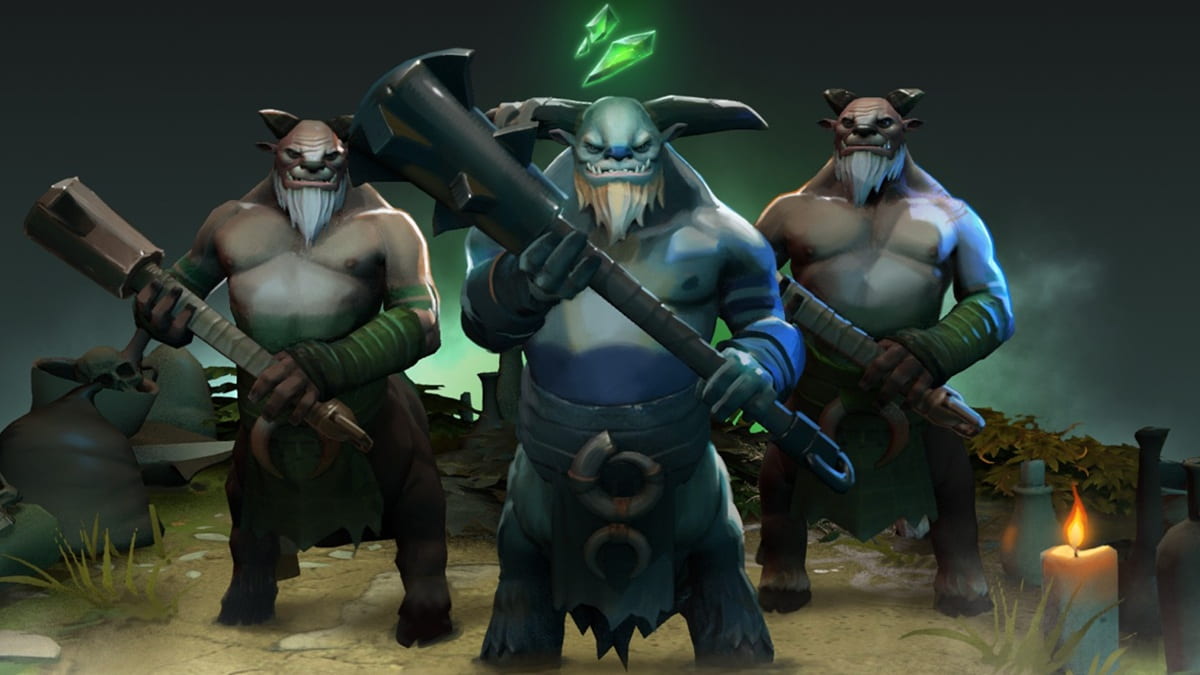


Published: Mar 13, 2023 06:12 pm